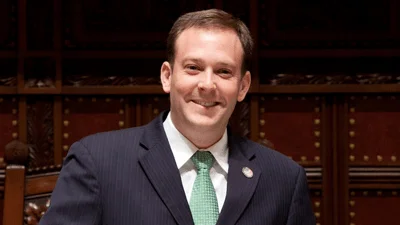The Federal Trade Commission (FTC) has obtained an order against education technology provider Edmodo for for violating the Children's Online Privacy Protection Act (COPPA) rule by collecting personal information without parental consent.
According to a release by the FTC, Edmodo collected personal data from children without obtaining parental approval and used it for advertising purposes. The company also unlawfully outsourced its COPPA compliance responsibilities to schools. The order, filed by the Department of Justice, prohibits Edmodo from requiring students to provide more personal data than necessary for online educational activities.
“This order makes clear that ed tech providers cannot outsource compliance responsibilities to schools, or force students to choose between their privacy and education,” Samuel Levine, director of the FTC’s Bureau of Consumer Protection, said in the release. “Other ed tech providers should carefully examine their practices to ensure they’re not compromising students’ privacy.”
The FTC alleged that Edmodo outsourced its COPPA compliance responsibilities to schools and teachers while providing confusing and inaccurate information about obtaining consent. The proposed order is the first time the FTC has alleged an unfair trade practice in the context of an operator’s interaction with schools, according to FTC.
During the investigation, Edmodo suspended its operations in the U.S. The proposed order, if approved by the court, will apply to the company if it resumes its operations. The order aligns with a policy statement issued in May 2022, which warned education technology companies about the collection of personal data about children in online education. Levine also urged other ed tech providers to review their practices to protect students' privacy.
The proposed order includes a $6 million penalty, which would be suspended due to the company's financial situation. It also would prohibit Edmodo from using children's information for non-educational purposes, requires a retention schedule, and prohibit the use of schools as intermediaries in the parental consent process, the FTC said.









